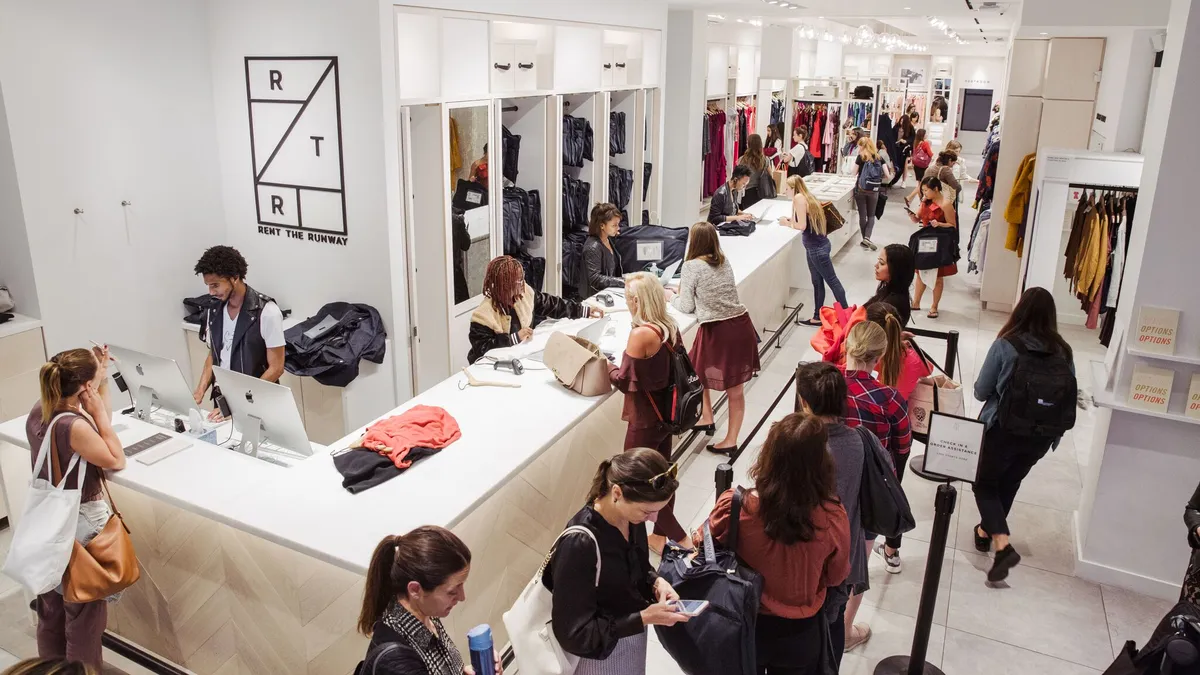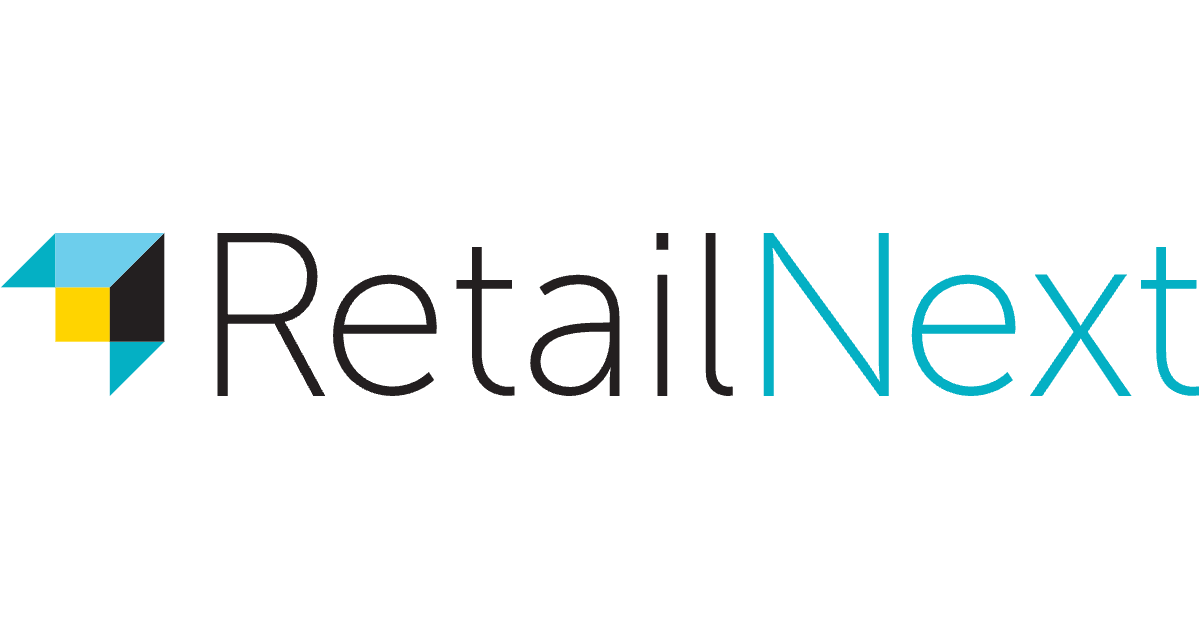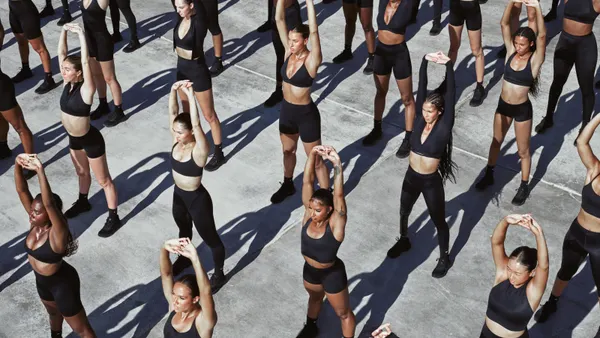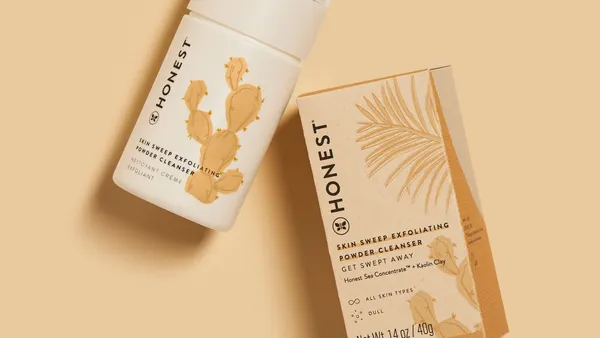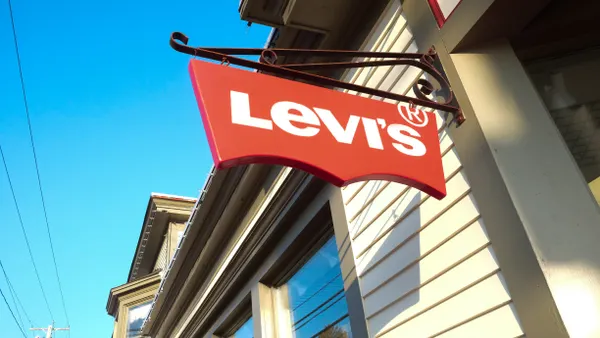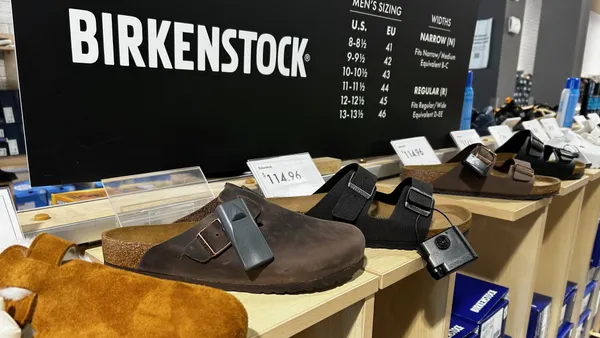Dive Brief:
-
Rent the Runway has partnered with designers including Derek Lam, Prabal Gurung and Jason Wu, "who each designed styles based on what [customers] told us [they] love and fits best," to develop items exclusive to the apparel rental service, according to its Facebook page.
-
Through the "Designer Collective" initiative, which at first will include 10-15 items, the startup shared its data on fit and other preferences with the designers, according to a report from The Business of Fashion. The designers handed over their sketches, and Rent the Runway is manufacturing the pieces, according to the report.
-
Price points average about $350 per item, and some designs won't be entirely new, but, rather, popular items in exclusive prints or other variables, according to the report. More designers will be on board by the end of the year, Chief Merchant Officer Sarah Tam told Business of Fashion.
Dive Insight:
Rent the Runway has forged designer exclusives in the past, as Business of Fashion notes. Since 2014, the company has worked with Christian Siriano and Oscar de la Renta, and since 2017 with Marchesa, for exclusive items, and has offered its own Slate and Willow label for four years. The company has also begun revenue sharing, according to Business of Fashion's report.
Such deals are win-wins, giving Rent the Runway the opportunity to offer something found nowhere else, and the designers able to experiment within a data-rich process. "The opportunity to create limited edition products and exclusives will drive even more buzz for the brand, and give Rent the Runway a chance to offer products you cannot find anywhere else," Ryan Berger, senior partner at influencer marketing platform HYPR, noted in an email to Retail Dive. "In an era where nothing has been worn until it's posted on Instagram, designer exclusives have the chance to help [Rent the Runway] continue to build on its incredible success."
Rent the Runway, like second-hand apparel sales sites The RealReal, ThredUp and others, can also capitalize on the issue of sustainability, which is increasingly top of mind for many consumers, especially younger ones. But making their own items, as ThredUp and now Rent the Runway are both doing, is a departure, according to Tiffany Hogan, a senior analyst at Kantar Consulting specializing in apparel and beauty.
"I think it's an interesting move for RTR to launch its own product line, given its roots as a rental business and its strong brand partnerships," she told Retail Dive in an email. "While it isn't a company that has been [as] focused on the sustainable aspect of rental as other concepts like ThredUp which has also launched a brand, it does go against the 'produce-less' mentality that is key to the appeal of renting for many. Both of these brands are looking to harness the data they collect from customer feedback on fit and fashion to create more customized products."
The responsibility for manufacturing the Designer Collective items could also complicate operations for Rent the Runway, she said. "Possible downside is that they have to invest in an entirely new type of business, design and manufacturing, which will be a high capital and possible high risk endeavor in an already overbranded market."



